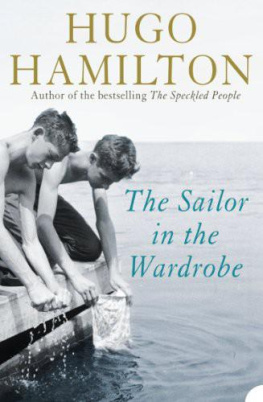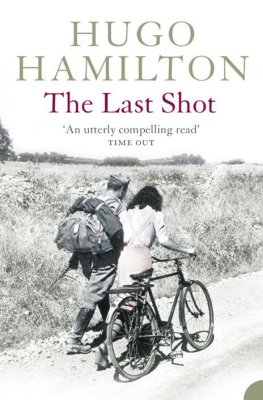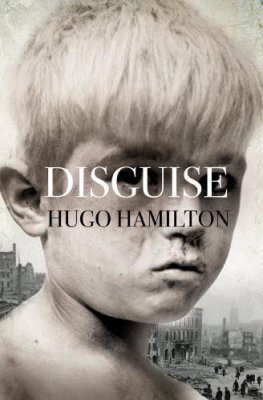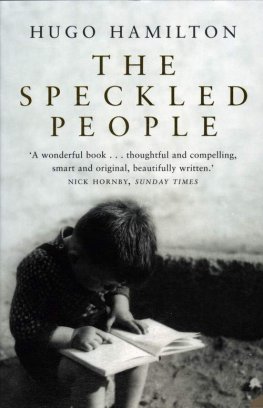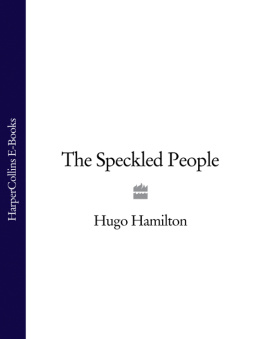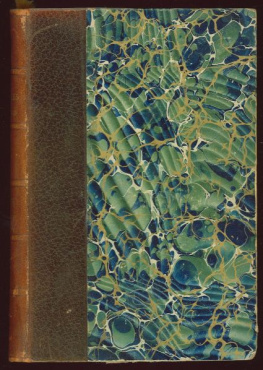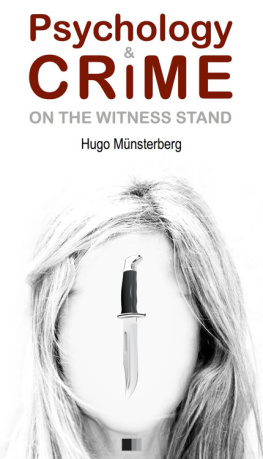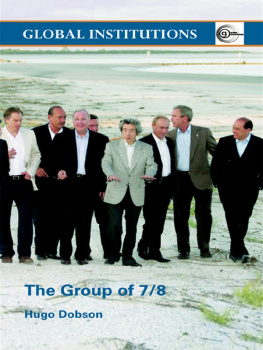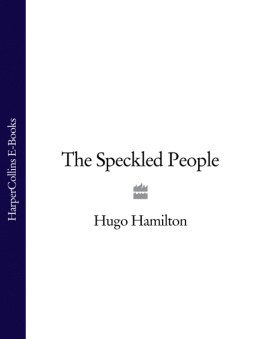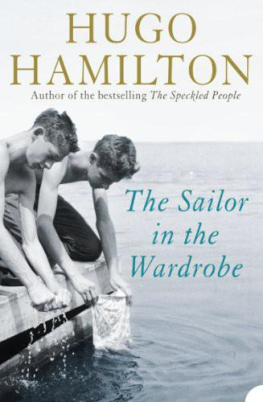Hugo Hamilton - The Sailor in the Wardrobe
Here you can read online Hugo Hamilton - The Sailor in the Wardrobe full text of the book (entire story) in english for free. Download pdf and epub, get meaning, cover and reviews about this ebook. year: 2006, publisher: Harper Perennial, genre: Home and family. Description of the work, (preface) as well as reviews are available. Best literature library LitArk.com created for fans of good reading and offers a wide selection of genres:
Romance novel
Science fiction
Adventure
Detective
Science
History
Home and family
Prose
Art
Politics
Computer
Non-fiction
Religion
Business
Children
Humor
Choose a favorite category and find really read worthwhile books. Enjoy immersion in the world of imagination, feel the emotions of the characters or learn something new for yourself, make an fascinating discovery.
- Book:The Sailor in the Wardrobe
- Author:
- Publisher:Harper Perennial
- Genre:
- Year:2006
- Rating:5 / 5
- Favourites:Add to favourites
- Your mark:
- 100
- 1
- 2
- 3
- 4
- 5
The Sailor in the Wardrobe: summary, description and annotation
We offer to read an annotation, description, summary or preface (depends on what the author of the book "The Sailor in the Wardrobe" wrote himself). If you haven't found the necessary information about the book — write in the comments, we will try to find it.
The Sailor in the Wardrobe — read online for free the complete book (whole text) full work
Below is the text of the book, divided by pages. System saving the place of the last page read, allows you to conveniently read the book "The Sailor in the Wardrobe" online for free, without having to search again every time where you left off. Put a bookmark, and you can go to the page where you finished reading at any time.
Font size:
Interval:
Bookmark:
The Speckled People
Surrogate City
The Last Shot
The Love Test
Headbanger
Sad Bastard
People say youre born innocent, but its not true. You inherit all kinds of things that you can do nothing about. You inherit your identity, your history, like a birthmark that you cant wash off. We have our Irish history and our German history, like an original sin. We are born with our heads turned back, but my mother says we have to face into the future now. You have to earn your own innocence, she says. You have to grow up and become innocent.
The front door of our house is wide open. She has opened all the windows as well, to let in the air. There is no wind, only the long net curtains in the front room floating a little and the hum of summer all around the house. The floor has been polished and we have the solstice shining along the hallway. Once, my father brought us up to Newgrange in the car and told us about the winter solstice, how the sun reaches right into the megalithic tomb at Christmas and lights up the inner chamber. He says its like a piece of knowledge entering into the mind. Now we have the first summer solstice shining through our house, lighting up the shadowed places. For a few moments, the sun is reflected against one of the top windows on the red-bricked terrace across the road and beams right in through the hallway. It bounces off the wooden floor and off the carved oak trunk and shines right through into the kitchen at the back. It doesnt last long, but while it does, there is a glint on every door handle, on vases, on picture frames, so bright that it makes you almost blind. All you can see is the white shape of the door frame and the fanlight.
On the roof of the breakfast room, my father is looking after the bees. I go outside to help him and watch him stepping carefully around the hives. Were like two astronauts out there, standing on top of a strange planet with square bee-keeping cages around our heads, working in silence. He signals to me with his big glove and I hand him the smoker, and then the stainless steel lever so he can lift out the frames to make sure the bees are not thinking of swarming. The bees dont like to be exposed to the light. They cling to the frames like a moving beard, listening to the restless thoughts in his mind. I can hear their tiny voices in thousands, like one strong, fizzing growl, as if theyre already planning to kill him. For the moment there is a truce, and we close up the hives again. We put away the bee-keeping gear and he tells me to come down into the front room.
Theres something I want you to know, he says.
He closes the door. The atmosphere is solemn. My mother is already sitting down, waiting.
I think youre old enough to hear this, he says. He wants me to know what happened when the war was over and my mother was trying to get home. I have been chosen to receive this message from the past, a story about the British, one that we have to sit down for.
My mother talks about the phosphor bombs that rained down on the cities and about the final defeat, about the last shot being fired and the time of liberation, when everybody was finally on their way home. She remembers the feeling of freedom that was in the air that summer, like the smell of grass. She had to make her way back from Czechoslovakia where everybody was still running away from the Russians. She was on a German army truck with the Russian tanks no more than half a kilometre behind, cutting across the fields to try and head them off. In the end she got away only because of the mud everywhere and the roads so full of people that the Russians couldnt catch them. At the border, the German soldiers changed out of their uniforms and became civilians again. She remembers seeing a mound of helmets and guns lying beside the road. She was lucky because she cycled through the Fichtel mountains with an officer who had secretly decided to hold on to his gun and then saved her life. All the way down to Nuremberg they had to take the highest roads by day and hide in the forests by night. It was the start of a beautiful hot summer, she says, but the officer was already married, so they had to say goodbye to each other and she continued on her way home, getting a lift with the American soldiers back towards the Rhineland.
Then we come to the part of the story that my father is waiting for. He has a frown on his forehead and his lips are pushed forward, listening to every word. My mother explains how, at the British checkpoint, she was brought into a compound where everybody was being processed. The men were separated from the women. She had to show her papers and answer questions about where she had been and what she had done with her life. The men were taken away and the officer in charge ordered all the women to line up outside. Around sixty to eighty women in all, my mother says, young and old, standing in a line while the officer walked up and down with a clipboard under his arm that had all their names on it. With the strong sunlight in their eyes, they could hardly see much more of him than the black outline of his uniform. There were trucks going past and a smell of diesel and dust in the air. There was an airfield somewhere close by too, because they could hear planes landing and taking off in the distance.
The officer then ordered them to undress down to the waist. An interpreter shouted out the order, but most of them understood the words in English. It didnt look like a medical examination and the women looked around at each other, afraid of what was going to happen next. They obeyed and stood semi-naked with the trucks going by and the soldiers staring at them, whistling from up high as they passed. Some of the soldiers shouted things out, but their accents were hard to understand, even when they used German words like Frulein.
My mother refused to undress. She had not always obeyed Hitler either. The officer soon came over and began to shout at her. He had a red face and maybe he was too hot inside his uniform, because he began tapping his clipboard against his leg until one of the women told her not to make so much of a fuss or she would get them all into trouble.
I dont like hearing this story because it gives me the hurt mind. My mother undressed to the waist like the others, but as soon as the officer turned away, she pulled her dress back up again. The officer was angry that she would not surrender like everyone else. He marched straight over and pulled her dress down with his hand. The soldiers on the trucks waiting to leave the compound let out a big cheer. She could not see them against the sunlight, but she could smell their cigarette smoke. When the officer moved on again, she pulled her dress up to stop them staring and making remarks about German women. But he returned and ripped her dress down once more, shouting into her face in English, with the men on the trucks giving another big cheer. She had to give in finally because the women beside her told her it wasnt worth it, the Germans had lost the war and the British had won.
Just let them see how beautiful we are, one of the women remarked.
Then my mother starts laughing. She says it was a German joke, because the woman who said it was very old, with wrinkled skin and not much for men to look at. She remembers how they all started laughing, even though most of them were ashamed and hungry and weak from walking, worried about what would happen next. They were worried about getting home, worried about what was left after the bombing and who was still alive, and even though they laughed quietly with their shoulders as if they had nothing more to lose, the real joke was on the German women now, standing half-naked in the sun with the whistles echoing in their ears as the trucks came and went. They had to suffer the humiliation of being defeated women, standing for ages in the burning heat with their hands down by their sides until some of the women began to faint and they all got a very nice sunburn before being let go, she says.
Font size:
Interval:
Bookmark:
Similar books «The Sailor in the Wardrobe»
Look at similar books to The Sailor in the Wardrobe. We have selected literature similar in name and meaning in the hope of providing readers with more options to find new, interesting, not yet read works.
Discussion, reviews of the book The Sailor in the Wardrobe and just readers' own opinions. Leave your comments, write what you think about the work, its meaning or the main characters. Specify what exactly you liked and what you didn't like, and why you think so.

